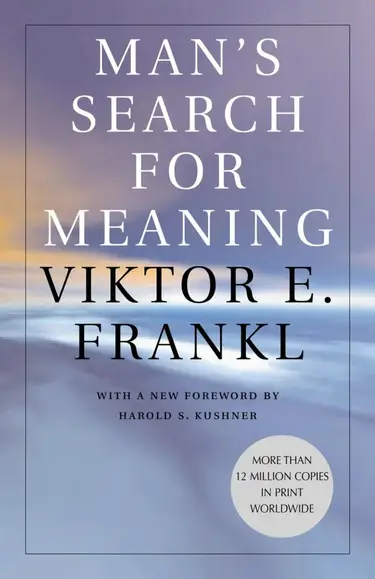Man's Search for Meaning

In the first part, Frankl vividly recounts his time in Auschwitz and other concentration camps during World War II. He reflects on the extreme suffering and dehumanization he and his fellow prisoners endured. Despite the unimaginable hardships, Frankl explores how some individuals were able to find meaning and purpose even amid such suffering. He emphasizes the importance of maintaining a sense of inner freedom. Choosing one's attitude, and finding meaning in the most difficult circumstances is vital.
The second part of Man's Search for Meaning delves into Frankl's psychological theory of logotherapy. He argues that the primary motivator in human life is the search for meaning. Frankl posits that meaning can be found in three main ways. 1. Through work or creative endeavors. 2. Through experiencing love and connection with others. And 3. through finding meaning in unavoidable suffering. He emphasizes the significance of taking responsibility for one's life and making choices that align with one's values and purpose.
Throughout Man's Search for Meaning, Frankl stresses the idea that in the face of immense suffering, individuals can find meaning. They can do so by focusing on their inner lives, their relationships, and their contribution to the world.